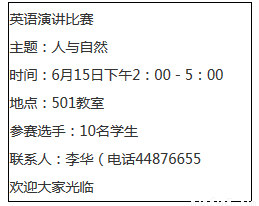0 143802 143810 143816 143820 143826 143828 143832 143838 143840 143846 143852 143856 143858 143862 143868 143870 143876 143880 143882 143886 143888 143892 143894 143896 143897 143898 143900 143901 143902 143904 143906 143910 143912 143916 143918 143922 143928 143930 143936 143940 143942 143946 143952 143958 143960 143966 143970 143972 143978 143982 143988 143996 151629

 continued writing. He wrote mostly about New York and the life of the poor there. People liked his stories, because simple as the tales were, they would finish with a sudden change at the end, to the reader’s surprise.
continued writing. He wrote mostly about New York and the life of the poor there. People liked his stories, because simple as the tales were, they would finish with a sudden change at the end, to the reader’s surprise.